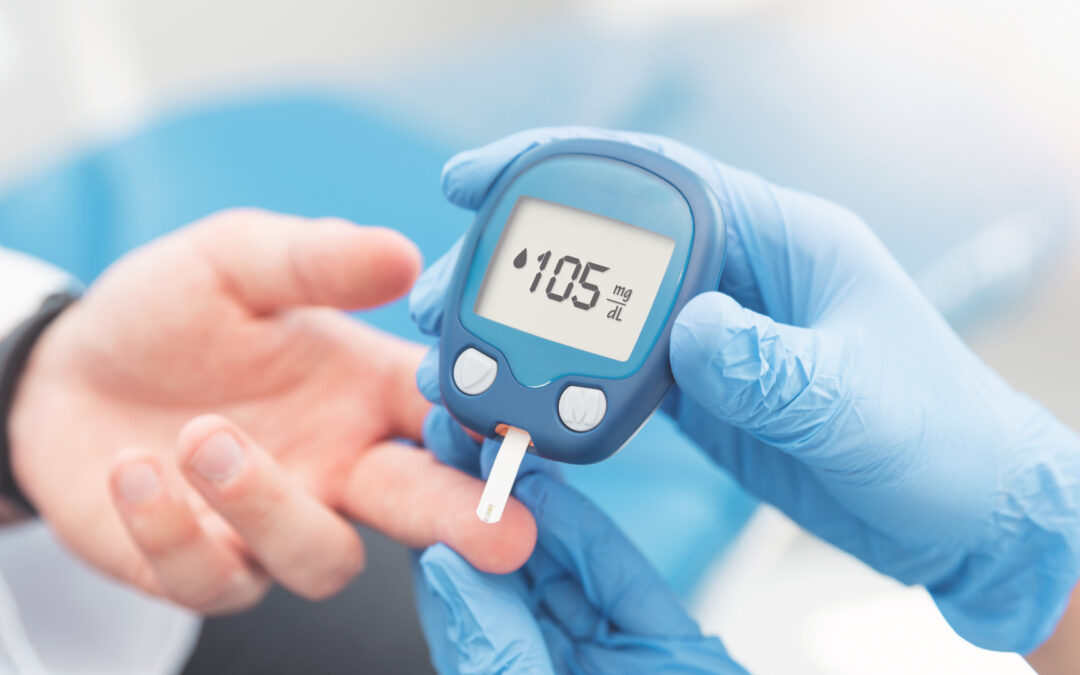Sweet Revenge: The Power of Diet Management for Diabetes
Diabetes is a chronic disease that affects millions of people worldwide. It is a condition in which the body cannot produce or use insulin, a hormone that regulates blood sugar levels. When left untreated, diabetes can lead to serious health complications, including heart disease, kidney failure, blindness, and amputations. While diabetes management involves a range of factors, diet plays a critical role in managing the condition.
Here are some reasons why diet is so important for people with diabetes:
Blood sugar control: One of the primary goals of diabetes management is to keep blood sugar levels within a healthy range. Diet plays a significant role in achieving this goal, as certain foods can cause blood sugar levels to rise more quickly than others. By following a balanced diet that includes complex carbohydrates, lean proteins, and healthy fats, individuals with diabetes can regulate their blood sugar levels more effectively.
Weight management: Many people with diabetes struggle with weight management, as excess weight can make it more challenging to manage blood sugar levels effectively. By following a healthy, balanced diet, individuals with diabetes can manage their weight more effectively and improve their overall health.
Preventing complications: Uncontrolled diabetes can lead to a range of complications, including nerve damage, kidney damage, and eye damage. By managing their diet effectively, individuals with diabetes can reduce their risk of developing these complications and improve their overall quality of life.
Heart health: Diabetes is a risk factor for heart disease, and many people with diabetes also struggle with high blood pressure and high cholesterol levels. By following a heart-healthy diet that includes plenty of fruits, vegetables, lean proteins, and healthy fats, individuals with diabetes can reduce their risk of developing heart disease and improve their overall cardiovascular health.
Energy levels: Many people with diabetes struggle with fatigue and low energy levels, which can make it more challenging to manage their condition effectively. By following a balanced diet that includes plenty of nutrient-rich foods, individuals with diabetes can improve their energy levels and feel more alert and focused throughout the day.
Diet management for Diabetes
Diet management is a crucial aspect of diabetes management. Proper nutrition can help individuals with diabetes manage their blood sugar levels and maintain overall health. This can be achieved by making smart food choices and controlling portion sizes.
Here are some tips for diet management for diabetes:
Choose complex carbohydrates
Complex carbohydrates, such as whole grains, fruits, vegetables, and legumes, are important for people with diabetes because they digest more slowly than simple carbohydrates. This helps regulate blood sugar levels and prevent spikes in glucose levels.
Limit simple carbohydrates
Simple carbohydrates, such as processed foods, sweets, and sugary drinks, can cause blood sugar levels to spike quickly. Limiting these foods can help manage blood sugar levels.
Choose healthy fats
Healthy fats, such as those found in nuts, seeds, avocados, and fish, can help reduce inflammation and improve cholesterol levels. However, it’s important to limit saturated and trans fats, which can increase the risk of heart disease.
Choose lean protein sources
Lean protein sources, such as chicken, fish, tofu, and legumes, can help regulate blood sugar levels and promote satiety. It’s important to limit high-fat protein sources, such as red meat.
Eat small, frequent meals
Eating small, frequent meals throughout the day can help regulate blood sugar levels and prevent spikes and dips in glucose levels.
Monitor portion sizes
Monitoring portion sizes can help manage calorie intake and blood sugar levels. Using a food scale or measuring cups can be helpful in monitoring portion sizes.
Stay hydrated
Drinking water and other non-sugary beverages can help prevent dehydration and regulate blood sugar levels.
Work with a registered dietitian
Working with a registered dietitian can be helpful in developing an individualised meal plan that meets the individual’s needs and preferences.
In addition to diet management, it’s important for individuals with diabetes to monitor their blood sugar levels regularly, engage in regular physical activity, and take medications as prescribed by their healthcare provider.
In conclusion, diet plays a critical role in diabetes management. By following a healthy, balanced diet that includes complex carbohydrates, lean proteins, and healthy fats, individuals with diabetes can manage their blood sugar levels more effectively, maintain a healthy weight, prevent complications, improve their heart health, and boost their energy levels. If you have diabetes, it’s essential to work with a healthcare provider or registered dietitian to develop a personalised meal plan that meets your individual needs and preferences. By taking a proactive approach to managing your diet, you can improve your overall health and well-being and enjoy a fulfilling life with diabetes.
If you need assistance putting together a corporate health screening, please reach out to Safe Hands.


